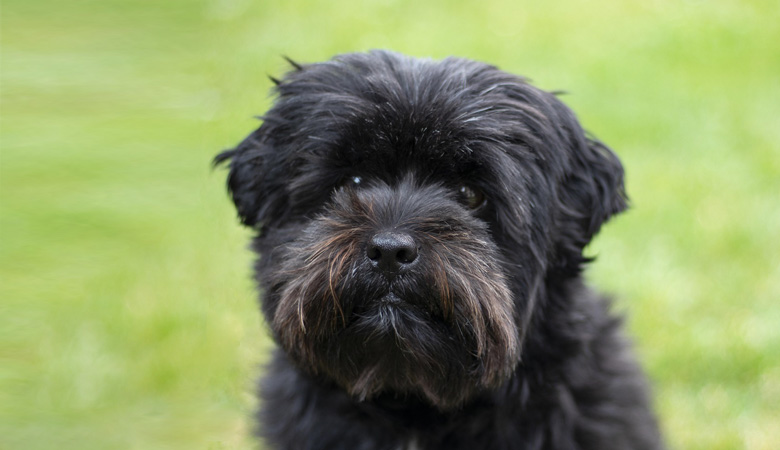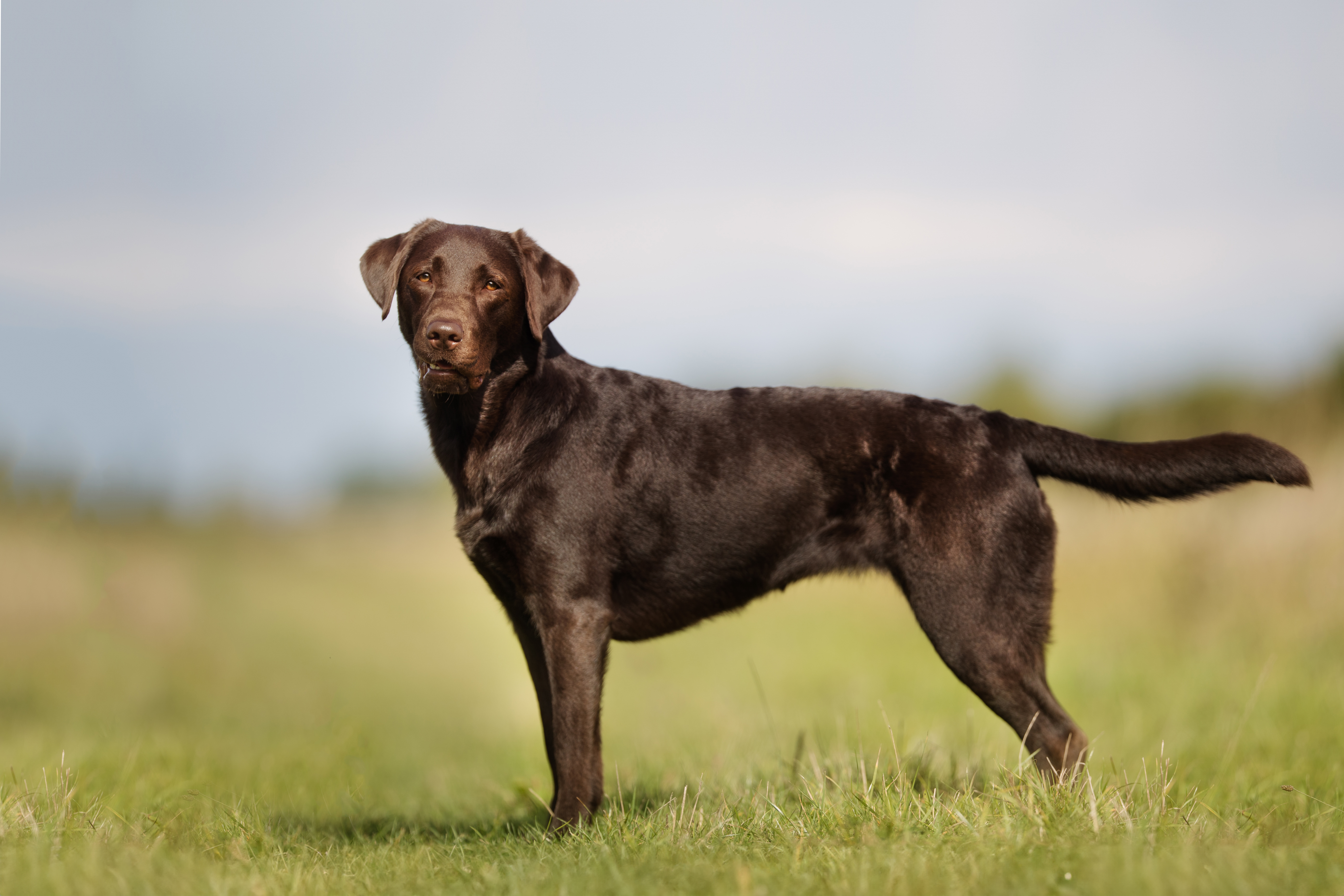Characteristics
Country of origin:
The Netherlands
Also known as:
Designer Dog, Crossbreed
Body build:
Small in size, sturdily built with well-developed legs and a straight, balanced back.
Colours and coat types:
All colours and combinations occur, such as white, black, cream, gold, grey, and parti-colour. The coat is usually long, dense, and soft, often with a light undercoat.
Weight:
3 – 8 kg
Height:
25 – 35 cm
Life Expectancy:
Average of 12 to 15 years
Health risks:
Patellar luxation, eye problems (such as cataracts and narrowed tear ducts), and dental issues.
Suitable for:
Patient, loving, and consistent owners







